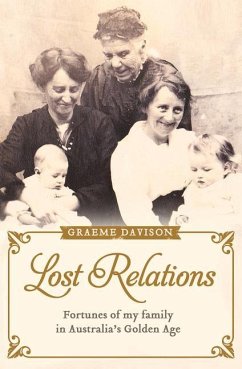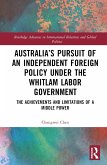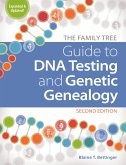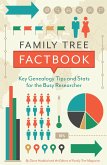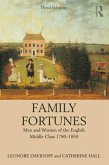A widow and her eight older children are uprooted from their Hampshire farm in 1850, and thrown together on an emigrant ship with 38 distressed needlewomen from London. How they came to be on the boat, and what happened on the high seas and afterwards inAustralia, is a vivid tale of family ambitions and fears, successes and catastrophes ... In Lost Relations, historian Graeme Davison follows in his family's footsteps, from the picture-postcard village of Newnham to a prison cell in Maitland, from a London slum to a miner's tent in Castlemaine. He takes us back into worlds now largely forgotten, of water-powered mills, free selectors and Methodist evangelists. The Hewetts were not famous or distinguished, but their story reveals much about the foundations of Australia ... He writes, 'I did not look for skeletons in my family's cupboard, but once the cupboard was open, they simply fell out.'..'a quiet masterpiece' - Janet McCalman, University of Melbourne..'How to produce a good family history? Get a master historian to write about his own. History and family history are combined in this fascinating book' - John Hirst, LaTrobe University.
Hinweis: Dieser Artikel kann nur an eine deutsche Lieferadresse ausgeliefert werden.
Hinweis: Dieser Artikel kann nur an eine deutsche Lieferadresse ausgeliefert werden.

